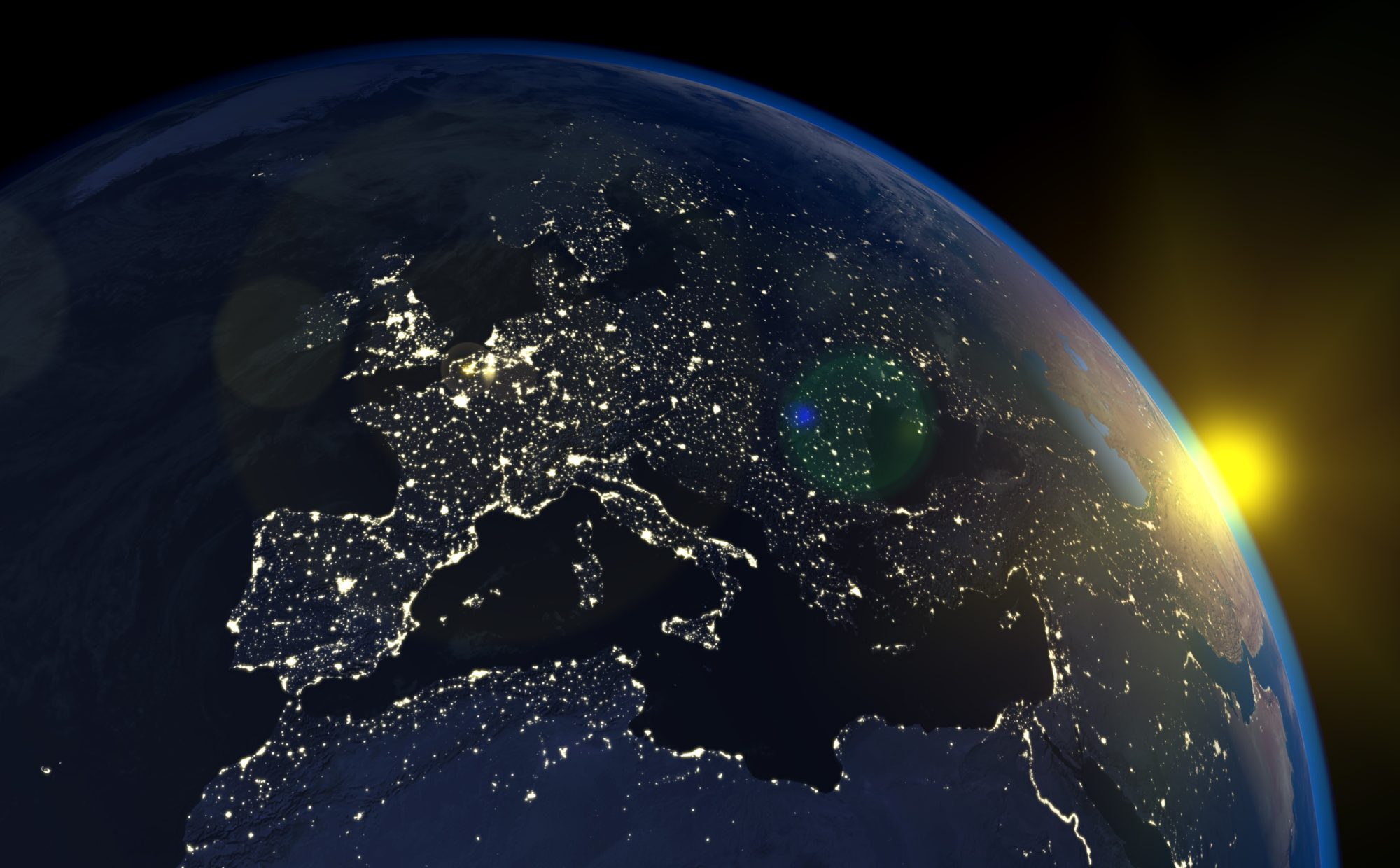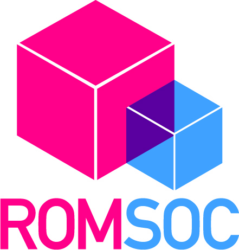by Marco Martinolli
My story as a Marie Sklodowska-Curie Action (MSCA) Fellow started on March 2018. It has been 1 year and a half full of experiences, travels and hard work, that made me grow both professionally and personally in many ways. Therefore, being at the midway of my Ph.D. carreer at Politecnico di Milano (Milan, Italy), it is a good moment to look back and make some considerations of my experience as ESR9 within ROMSOC doctoral project.
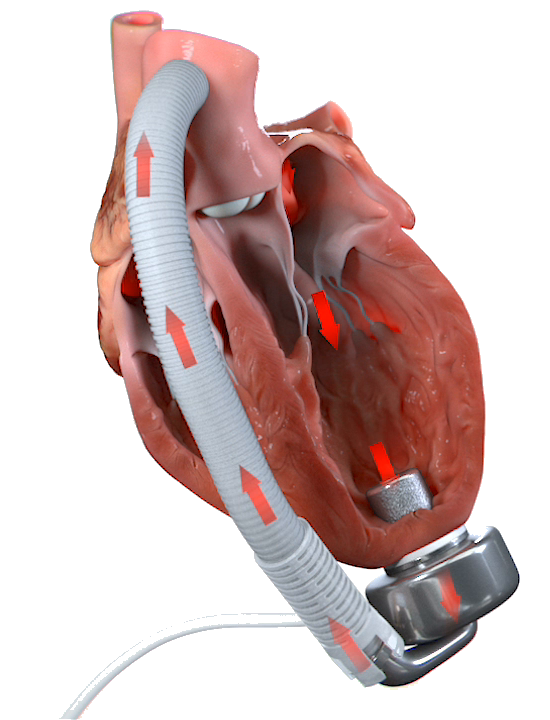
In this time, I have had the opportunity to work on an industrial project with a mission in which I deeply believe: improve the life conditions of people affected by advanced heart failure. In fact, my research topic consists in the numerical study of membrane-based blood pumps, which are implantable devices that support the cardiac function of damaged hearts. Specifically, I study the fluid-structure interaction that arises in a novel prototype of blood pumps developed at CorWave Inc. (Paris, France). In these pump systems, the propelling action of an oscillating elastic membrane results in the ejection of blood from the left ventricle into the aorta in a pulsatile regime. My goal is to model the membrane-blood dynamics and simulate the pump system in three-dimensions, so that it is possible to predict the hydraulic performance of the pump and optimize it under different operative conditions. As a mathematical engineer, it makes me proud to employ my numerical and computational skills on a real application with potential beneficial effects on the global health system.
Besides my research activity, my job as a MSCA Fellow includes many other tasks and responsibilities, going from the participation to an European training program in advanced mathematics to the creation of teaching material for other students in the field of coupling methods. In particular, in the last months I have worked a lot for the organization of an upcoming scientific event, the Workshop of Industrial Mathematics (WIM2019) in Strobl, Austria. This type of commitment was new for me and allowed me to enhance my abilities in managing resources and coordinating people.

An important mission of my doctoral program is also research dissemination. For this reason, I attended to several important congresses and conferences, like INDAM2018 in Rome, ESAO2018 in Madrid or ICIAM2019 in Valencia, to study cutting-edge technologies and promote my research. But the experience that taught me the most is actually my recent participation to the European Researchers’ Night, a scientific event organized within the Horizon2020 program that is aimed at involving the general public in the activities of the local scientific realities. Participating at the MEETmeTONIGHT exhibition in Milan on September 27th allowed me for the first time to present my research to people with different ages and backgrounds. I had the pleasure to entertain young students from high schools as well as families with kids using science and mathematics and I have learnt how to adjust my communication style depending on the audience.
Finally, this experience has encountered my international aspirations. In fact, in order to work at the partner company, I have lived in Paris – a city that I love – for 6 months and I am about to move there again for another year. This job gave me also the chance to travel around Spain, France, Germany and Austria, expanding my linguistic knowledge and my relational skills in multi-cultural and multi-ethnical communities.
To be honest, the path through my European doctorate has not been always easy and smooth: I have experienced the different approaches of the academic and industrial environments and consequently the different expectations that they have from my work; I have had to manage my time between the progress on my research and the deliverables for the ROMSOC project; and, not to be underestimated, I also struggled to find an accommodation every 6 months in Milan and Paris. However, I strongly believe that all the challenges faced in these first 1.5 years made me a better worker under many points of view and that my future carreer will benefit a lot of this personal and professional growth. Plus, I will bring with me also many good memories.
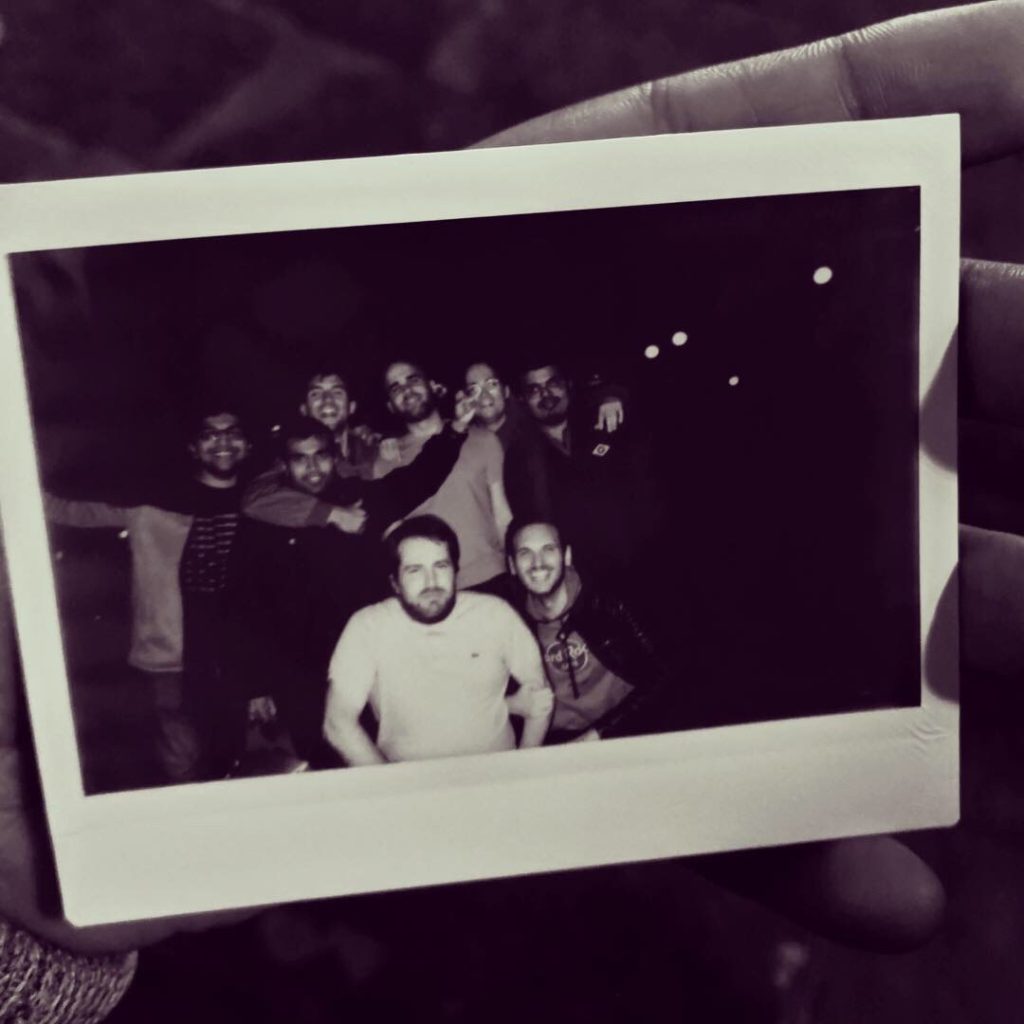
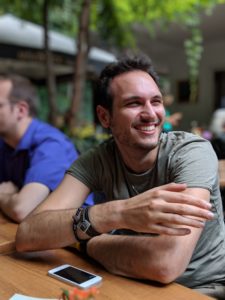
Marco Martinolli is an Early-Stage Researcher (ESR9) within the ROMSOC project. He is a PhD student at Politecnico di Milano (Milan, Italy) and is working in collaboration with CorWave Inc. (Paris, France). His research project deals with numerical simulations for the fluid-structure interaction arising in blood pumps based on wave membranes.
